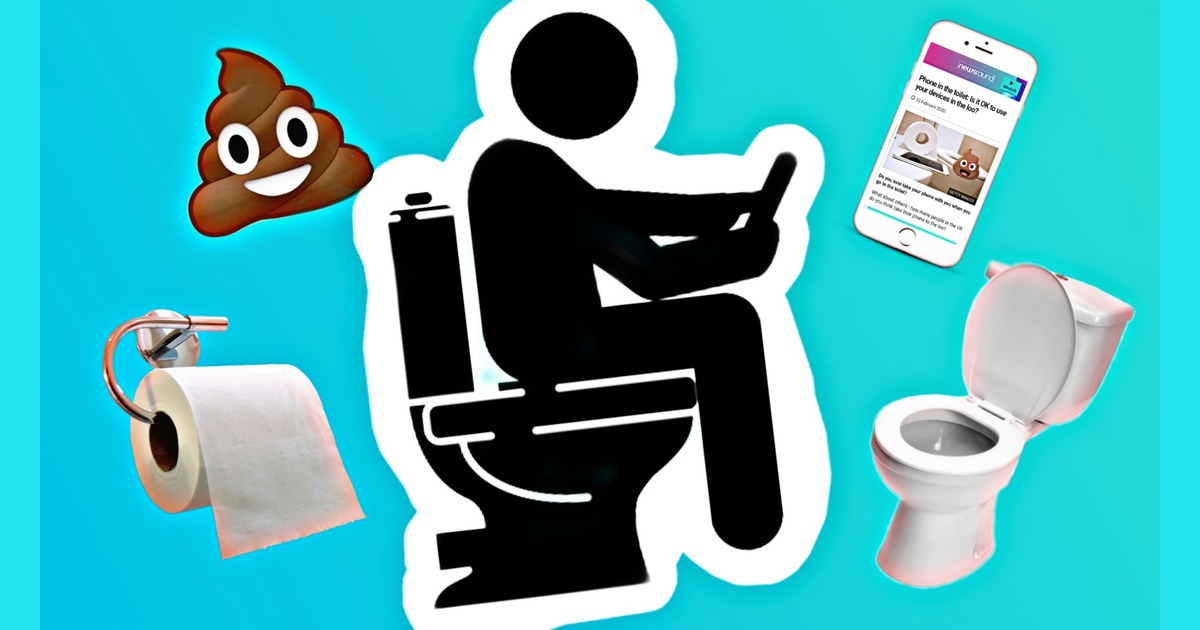Using phones in the toilet may seem harmless, but it can have adverse health effects, warns Dr. Saurabh Sethi, a gastroenterologist trained at Stanford and Harvard.
Prolonged sitting on the toilet while scrolling through social media can lead to rectal and anal issues, including hemorrhoids, anal fissures, and even rectal prolapse, where the rectum protrudes through the anal opening, potentially requiring surgery.
Using Phones In The Toilet: A Risky Habit According to Gastroenterologists
Hemorrhoids, characterized by swollen veins or blood vessels around the anus, are painful and common. Anal fissures, on the other hand, involve cracks or tears in the anal canal lining. Dr. Sethi also cautions that using a phone in the bathroom can expose it to harmful bacteria.
Studies indicate that smartphones are often dirtier than public toilet seats. Thus, it’s advisable to avoid scrolling while in the restroom.
For those who can’t resist using their phones in the bathroom, Dr. Sethi recommends having disinfectant wipes on hand to clean the phone after use.
However, he strongly advises against this practice. In the comments on the TikTok video where he shared these insights, some viewers humorously admitted to watching while on the toilet, highlighting the prevalence of the habit.
Dr. Sethi is not the only medical professional using social media to share bathroom-related advice. Dr. Janine Bowring, a naturopathic doctor from Canada, suggested tips for relieving constipation, including incorporating figs and coffee with olive oil into one’s diet.
In another instance, Dr. Karan Rajan posted a video on TikTok, revealing that many people have been using the toilet incorrectly. He offered guidance on achieving a comfortable bathroom experience without the use of a “squatty potty,” a floor-level toilet commonly found in Asian countries.
These TikTok revelations from medical experts shed light on the potential health hazards associated with phone use in the bathroom and provide valuable tips for maintaining digestive health.
As the popularity of such advice continues to grow on social media, it is essential for individuals to consider the implications of their bathroom habits on their well-being.








Leave a Reply
You must be logged in to post a comment.